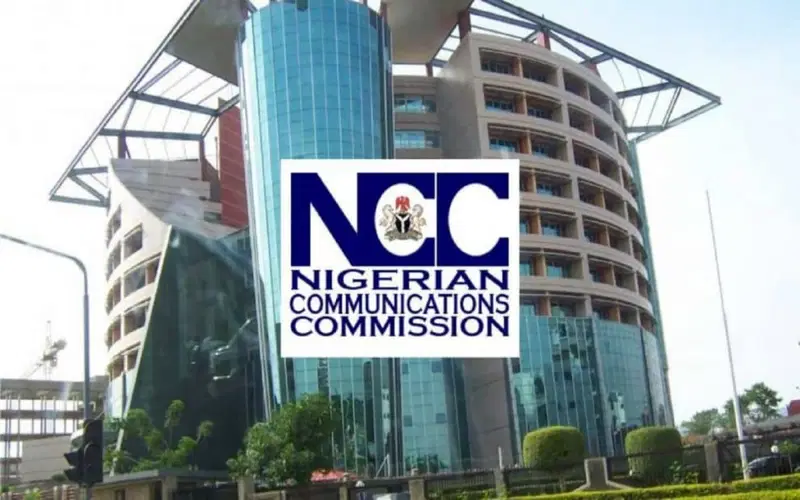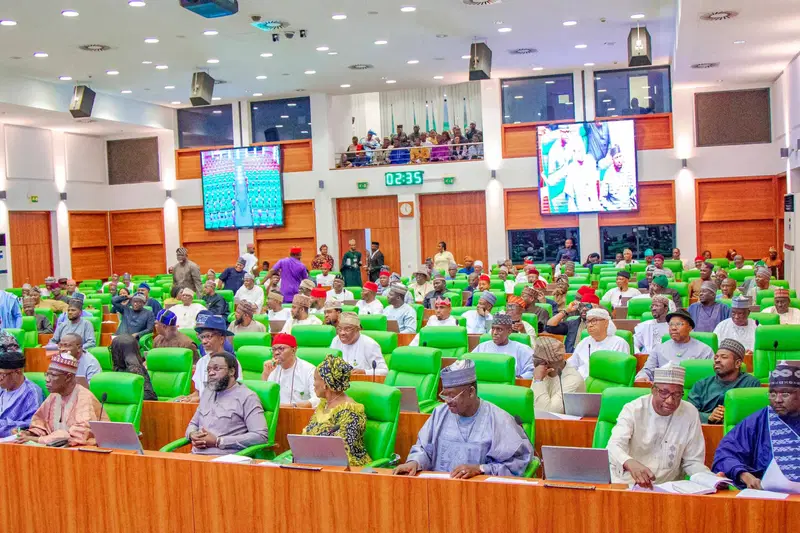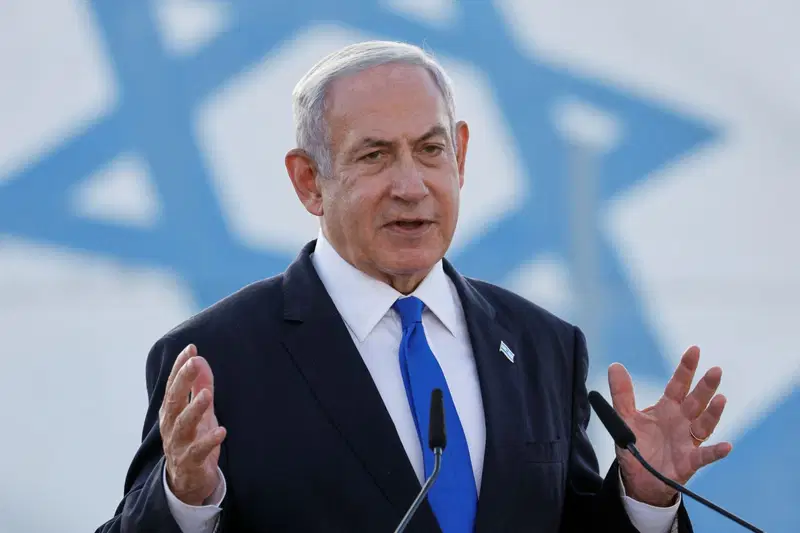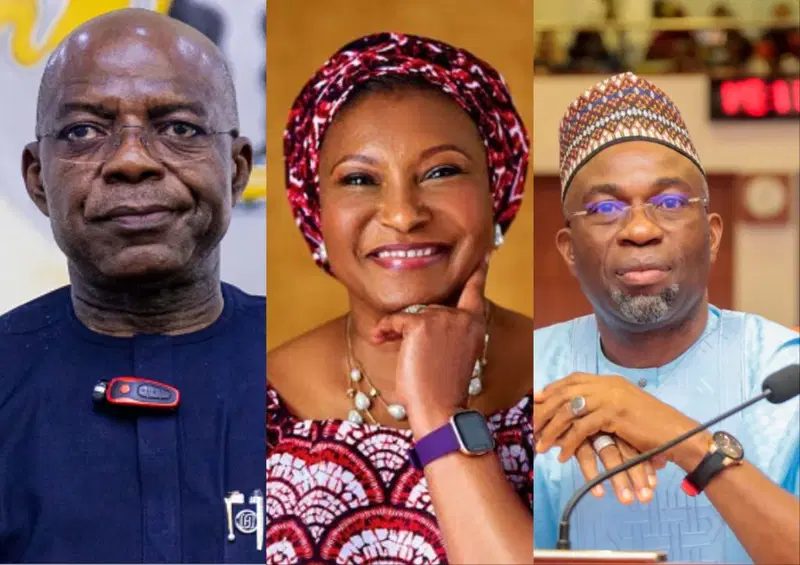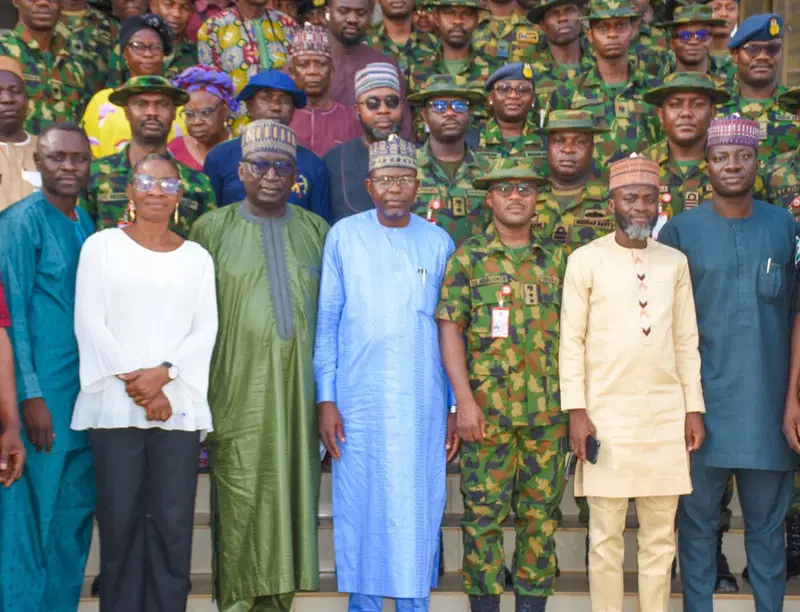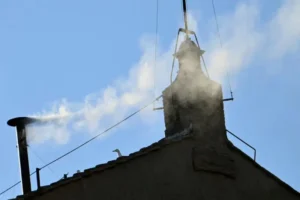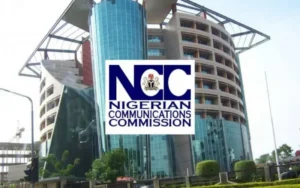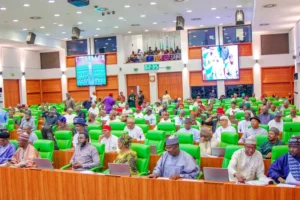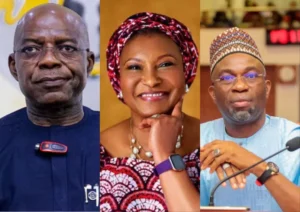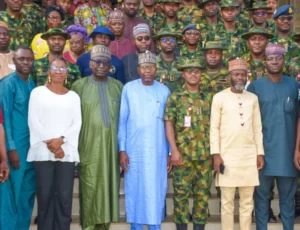Aviation sector stakeholders are advocating for a reassessment of the 22-year aircraft age rule, citing its outdated nature and unintended consequences. According to Olumide Ohunayo from the Aviation Round Table, the regulation, initially intended for scheduled flights, has led to an increase in unauthorized flights among private jet operators. This rule has resulted in a limited number of aircraft available for operation, restricting flights to specific airports and rendering some economically unsustainable. Ohunayo asserts the necessity of revising this rule to address the challenges it has created in the aviation industry.

Ohunayo said many old aircraft in service have undergone significant modernisation, yet they are still barred from entering Nigeria.“Most people (airlines) have gone to upgrade what they have, added new features to make these aircraft more modern. But because we have a stringent rule on that 22-year age limit, such aircraft, regardless of modernisation, cannot enter the country.“We have airlines, especially from the United States flying aircraft into Nigeria that are more than 22 years old. But our agency says we cannot bring them in, reducing options for operators. And when you reduce their options, you increase their costs, which in turn raises fares.
Ohunayo called for the rule to be scrapped, noting that it was introduced during a period of heightened concern following multiple air crashes but was not directly related to aircraft age.
The crisis had nothing to do with age per se, but with regulations and the regulator. Now that we have stringent regulations and a competent regulator, I think that rule should be waived once and for all,” he stated.Another seasoned aviator in the sector. Capt Roland Iyayi, criticized the inconsistency of allowing older foreign-registered planes to fly in Nigerian airspace while preventing their registration in the country.He pointed out that some aircraft deemed too old by the Nigerian Civil Aviation Authority were still actively flying safely within Nigeria’s airspace.“Has any of them fallen out of the skies? It means they are shooting themselves in the foot,” he stated.Iyayi further explained that many of these older planes were low-utilisation aircraft, with significantly fewer flight hours than commercial airliners. He highlighted the financial difficulties faced by operators, stating that while some could afford older planes for around $2m, newer aircraft cost upwards of $10m.This disparity, he argued, forces operators to register their planes abroad, thus operating illegally. “People are going to buy older planes, register them on foreign registers, and engage in illegal charters. Why don’t they reduce the age bar for these operators and let them enter the market legally?”


